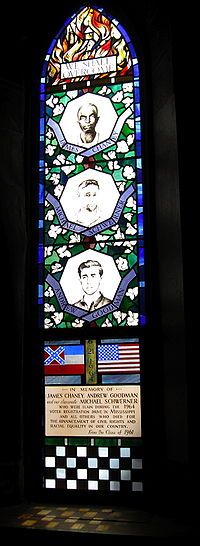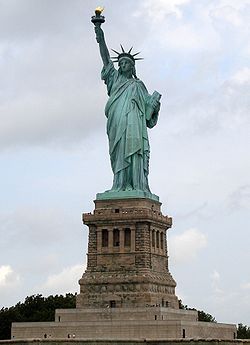Cross posted from The Stars Hollow Gazette
This is your morning Open Thread. Pour your favorite beverage and review the past and comment on the future.
Find the past “On This Day in History” here.
Click on images to enlarge.
June 22 is the 173rd day of the year (174th in leap years) in the Gregorian calendar. There are 192 days remaining until the end of the year.
On this day in 1944, President Franklin D. Roosevelt signs into law the Servicemen’s Readjustment Act of 1944, commonly known as the G.I. Bill.
The G.I. Bill was an omnibus bill that provided college or vocational education for returning World War II veterans (commonly referred to as G.I.s) as well as one year of unemployment compensation. It also provided many different types of loans for returning veterans to buy homes and start businesses. Since the original act, the term has come to include other veteran benefit programs created to assist veterans of subsequent wars as well as peacetime service.
By the time the original G.I. Bill ended in July 1956, 7.8 million World War II veterans had participated in an education or training program and 2.4 million veterans had home loans backed by the Veterans’ Administration (VA). Today, the legacy of the original G.I. Bill lives on in the Montgomery G.I. Bill.
Harry W. Colmery, a World War I veteran and the former Republican National Committee chairman, wrote the first draft of the G.I. Bill. He reportedly jotted down his ideas on stationery and a napkin at the Mayflower Hotel in Washington, DC.[2] U.S. Senator Ernest McFarland was actively involved in the bill’s passage and is known, with Warren Atherton, as one of the “fathers of the G.I. Bill.” One might then term Edith Nourse Rogers, R-Mass., who helped write and who co-sponsored the legislation, as the “mother of the G.I. Bill”.[citation needed] Like Colmery, her contribution to writing and passing this legislation has been obscured by time.
The bill was introduced in the House on January 10, 1944, and in the Senate the following day. Both chambers approved their own versions of the bill.
The bill that President Roosevelt initially proposed was not as far reaching. The G.I. Bill was created to prevent a repetition of the Bonus March of 1932 and a relapse into the Great Depression after World War II ended.
An important provision of the G.I. Bill was low interest, zero down payment home loans for servicemen. This enabled millions of American families to move out of urban apartments and into suburban homes. Prior to the war the suburbs tended to be the homes of the wealthy and upper class.
Another provision was known as the 52-20 clause. This enabled all former servicemen to receive $20 once a week for 52 weeks a year while they were looking for work. Less than 20 percent of the money set aside for the 52-20 Club was distributed. Rather, most returning servicemen quickly found jobs or pursued higher education.












